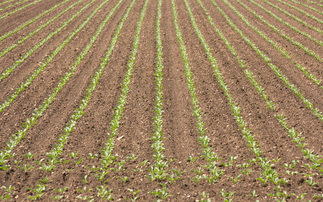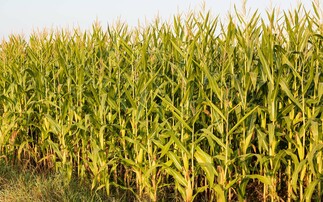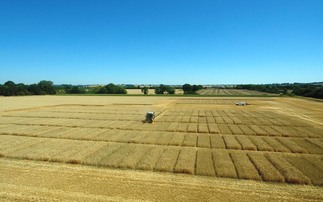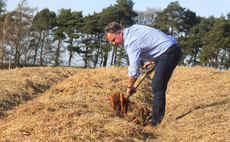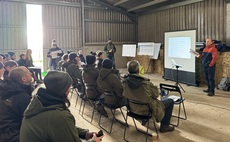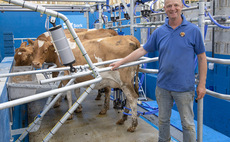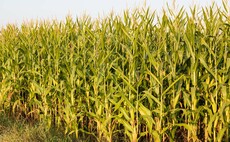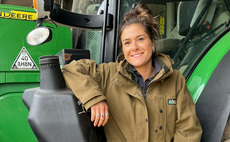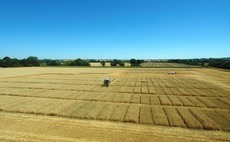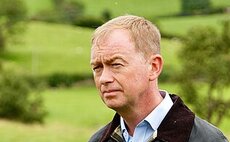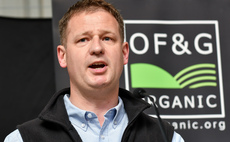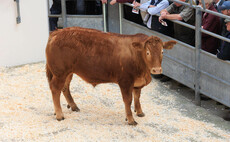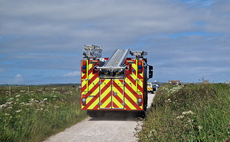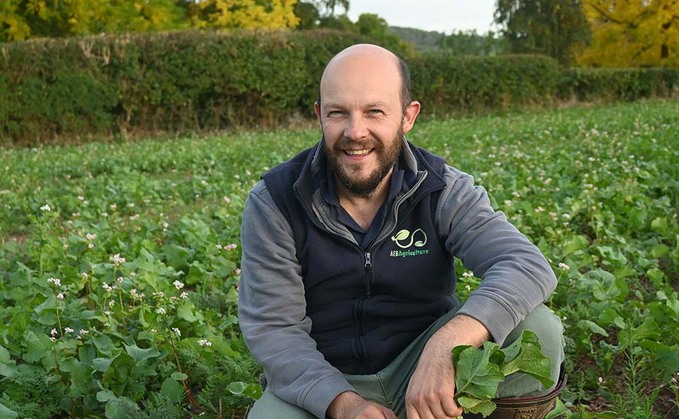
It was always going to happen. After the absolute dreamland scenario that was harvest 2022, this year has been the polar opposite. No barbeque and beer combining tea this year. Warm sandwiches and hot caffeinated drinks are the fuel keeping this harvest on track, oh and a new expense for us - gas for the drier. Suffice to stay the OSR was a disaster, the wheat very average and the spring beans won't fail to disappoint. On the upside, the maize looks terrific and our whole crop came off well. This season has once again proven that our silty-clay loams excel in a dry year and consistently prove a challenge in a wet one. I have been out this evening looking at OSR stubbles, they are absolutely alive with slugs so careful consideration will be needed before planting wheats.
No fungicides
Pleasingly though, some of my agronomy clients on lighter, sandier soils have had a good harvest. This is fantastic considering they took a bit of a pasting in last year's drought. Particularly rewarding is one grower who was steadfast enough to use no fungicides on a crop of Dawsum and still achieved over 10 tonnes per hectare, which was reportedly one of the best crops the farm has ever produced. It's great to see that his efforts to reduce pesticide inputs are starting to pay off and that an alternative way of growing crops can be achieved, even in the most challenging of years. There is a lot to take away and learn from this year, most of which will almost certainly be inapplicable to next.
With half an eye on upcoming planting it is time to get out with a spade and penetrometer and assess the damage done by harvest traffic. I have said it before, and I'll repeat myself again. Compaction doesn't magic itself away. It is fantastic that so many are embracing direct drills, but we need to keep in mind their limitations. If you've squashed your soils with heavy axle loads, then a well-timed low disturbance subsoiler may well be the tool of choice this autumn. Soils need a balance of air and water, roughly 25% each (the rest being sand, silt, clay and organic matter). No air equals no gas exchange, anaerobic conditions and therefore poor roots and sub-par crops.
Cover crops
The same rules also apply to cover crops. It is worth the time and effort to make sure they are established properly. The whole point of a cover crop is to inject photosynthetic energy into your system. The greater the biomass you can produce, the more photosynthesis occurs, and the more sugar (energy) is returned to your soil. This in turn feeds the biology that will cycle nutrients that will become available to your cash crop. As cover crops are now a paid option in the SFI, it is a no-brainer to be utilising their potential.
I am slightly more nuanced on the use of companions in OSR. Buckwheat seems sensible enough as it grows like the clappers and Jack Frost will take care of it at the first opportunity. Berseem clover however needs to be in the ground well into the spring to really deliver any benefit. This can be a real challenge on anything but the cleanest of ground. Post-emergence broadleaf weed herbicides can give it a real hiding and if you have to use AstroKerb (propyzamide) then you can kiss it goodbye. It really is worth considering your potential weed burdens when deciding what to add with your OSR seed. That is of course if you're not plagued by flea beetle and the party is over before it begins. Fingers crossed the autumn is kinder to us all than the summer. The beauty of farming is the ability to wipe the slate clean and start again.









